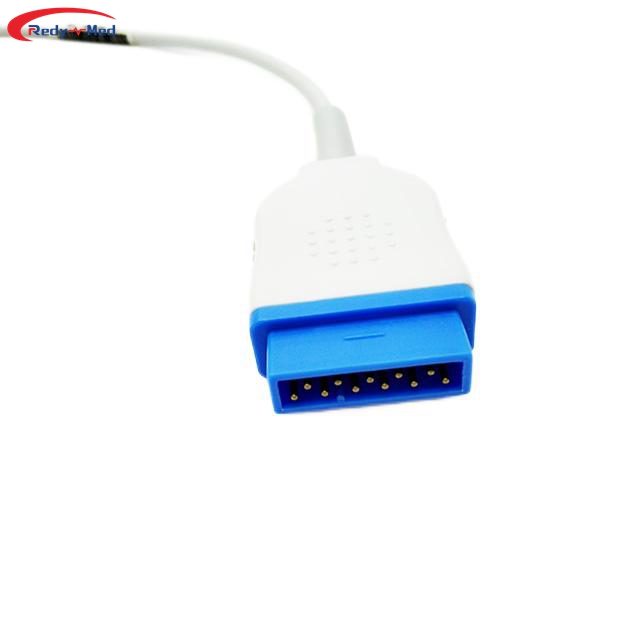
The \"gatekeeper\" of disease prevention - the importance of disposable blood oxygen sensor
2024-03-21 00:03:27
Ensuring Healthy Lives through Innovative Technology

Healthcare professionals across the globe are acutely aware of the vital role that early detection and prevention play in increasing life expectancy and improving the quality of life. In this quest, the disposable blood oxygen sensor emerges as a princely guardian - silently monitoring our oxygen levels and acting as a "gatekeeper" of disease prevention. A device so small, yet so impactful, it has revolutionized the healthcare industry by providing healthcare providers with real-time data, timely interventions, and improved patient outcomes.
The Basics of Blood Oxygen Monitoring
Measuring oxygen saturation levels is crucial for identifying potential health issues or complications, making disposable blood oxygen sensors an essential tool in modern medicine. These sensors use non-invasive techniques to determine the percentage of oxygen carried by the blood. By simply attaching the sensor to a patient's fingertip, it swiftly measures the oxygen levels, ensuring a hassle-free experience for the patient.
Early Detection Saves Lives
Timely detection of oxygen saturation irregularities can greatly impact medical interventions and patient outcomes. Disposable blood oxygen sensors act as the frontline warriors in this battle by quickly identifying any deviations from the healthy oxygen saturation range. By enabling healthcare professionals to monitor oxygen levels continuously, these sensors allow for early detection of respiratory diseases, cardiac abnormalities, and sleep disorders. This early insight into potential health risks gives medical experts an opportunity to intervene swiftly, effectively preventing the progression of critical illnesses.
The Convenience and Hygiene of Disposable Sensors
Disposable blood oxygen sensors bring with them a multitude of benefits. Firstly, their ease of use ensures that patients can conveniently measure their oxygen levels from the comfort of their homes. Secondly, these sensors eliminate the risk of cross-contamination as they are designed for single-patient use. This prevents the spread of communicable diseases, making them an ideal choice for use in hospitals, clinics, and even home healthcare settings. Moreover, the disposable nature of these sensors reduces maintenance costs and eliminates the need for complex cleaning protocols, making it a cost-effective solution for both patients and healthcare providers alike.
In conclusion, the advent of disposable blood oxygen sensors has transformed disease prevention and healthcare management. By providing real-time data, ensuring early detection, and maintaining hygiene standards, these sensors have become indispensable in modern medicine. Their role as the "gatekeeper" of disease prevention cannot be underestimated, as they enable timely interventions and significantly improve patient outcomes. Embracing this innovative technology is crucial in our quest for healthier lives.
Get the latest price? We'll respond as soon as possible(within 12 hours)




